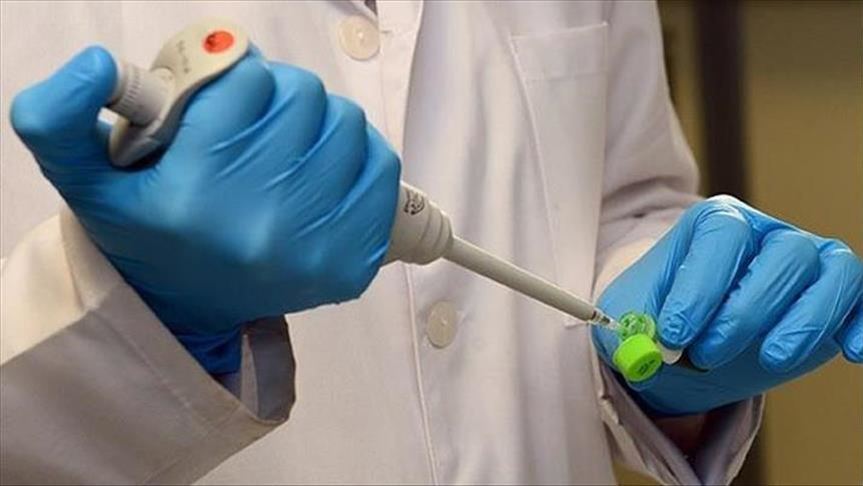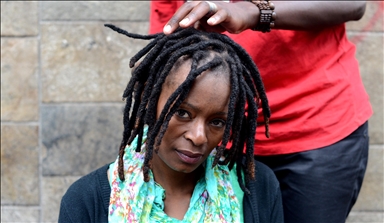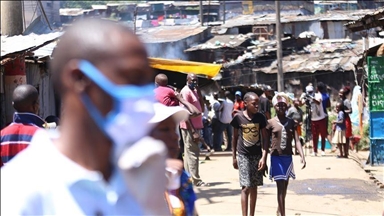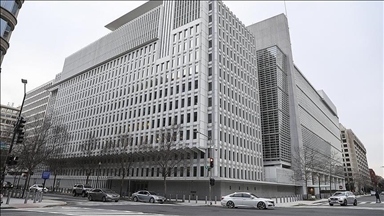Drug-resistant tuberculosis still a killer in Kenya
Costly treatment, poverty leads to deaths of children suffering from new drug-resistant TB in East African country

NAIROBI, Kenya
Even as the world is focused on the coronavirus epidemic, tuberculosis (TB) continues to be a major killer of children in the East African country of Kenya.
The country is also witnessing an increase in deaths because new strains of TB are showing resistance to normal drugs. Poverty in the country prevents people from purchasing expensive drugs to combat the new strain.
According to figures from the U.S. Agency for International Development (USAID), Kenya has one of the highest TB prevalences in the world, claiming 53,000 lives each year.
Elizabeth Muthoni, 42, a farmer living in central Kenya, lost her son to TB, as the family was unable to pay for the treatment.
“I was expected to pay 29,500 Kenyan shillings [$290] every two weeks, which was challenging,” Muthoni said. Even as the disease is curable, her son died, because she was unable to purchase medicine for two months in a row.
“It’s quite sad that just because of poverty, I lost my loved one a few months ago. I have a huge debt from his treatment. This has dragged me further into poverty," she said.
The new strain of TB needs an expensive treatment costing somewhere around $2,000 for nine months, which is unbearable for most Kenyan residents living in rural areas. Further congested villages make it easy for the strain to spread among the healthy.
Speaking to Anadolu Agency, Victor Odhiambo Tuberculosis, 58, said the village environment where houses are poorly ventilated makes it easy for TB to spread.
Philip Owiti, technical advisor at the National TB Program, said congestion and living in crowded places, poor sanitation, and ventilation are major factors in the disease’s transmission. He added that fighting poverty and HIV management are linked to beating TB in Kenya.
“The majority of Kenyans are suffering from drug-resistant TB. The deaths due to multidrug-resistant TB are much higher now. The treatment of this strain takes two years and costs about $15,000 or more per patient,” he said.
Owiti said that inadequate medication allows bacteria to mutate and become drug-resistant.
Patients often fail to follow prescription regimens and medical advice due to poverty. Owiti called on the government to shoulder the costs of prescriptions and medicine required to beat the multi-drug resistant TB before it is too late.
Anadolu Agency website contains only a portion of the news stories offered to subscribers in the AA News Broadcasting System (HAS), and in summarized form. Please contact us for subscription options.







